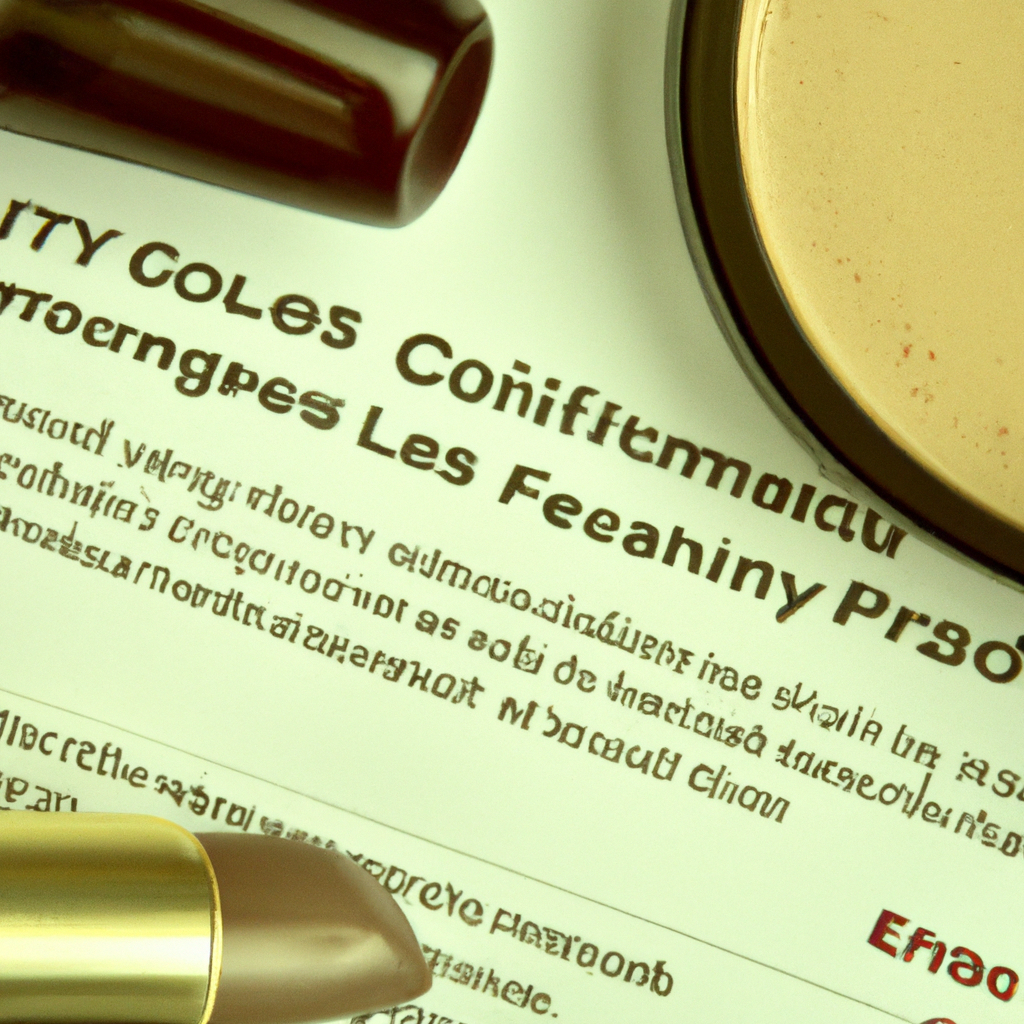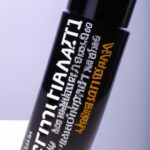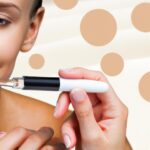Cosmetics, like any other product on the market, need to be tested to ensure their safety, usefulness and performance. The testing process is a necessary step in the production of cosmetics and can involve a number of techniques, from simulations and in vitro techniques to testing on animals. This often raises ethical concerns and has been the topic of much discussion and debate.
What is Involved with Cosmetic Testing?
Cosmetic testing typically involves the testing of ingredients and the finished products. This often includes testing the ingredients’ toxicity, dermatological compatibility and efficacy. In addition, when testing a finished product, the product is also subjected to quality control tests to ensure its performance. Additionally, the product needs to be checked for its potential to cause skin problems and irritations.
Should Animals Be Used for Cosmetic Testing?
The use of animals for any type of testing has long been the topic of much ethical debate. Animal rights activists argue that animals should not be subjected to testing against their will or used as mere instruments for our benefit. Animal testing has been around for decades but as technology advances, alternatives are becoming available.
Modern alternatives to animal testing include in vitro testing and computer simulations. These methods leave out the use of living animals completely, while providing more accurate results. However, in vitro and computer simulation techniques are not yet perfected, meaning animal testing is still needed in some cases.
What Are the Risks of Animal Testing?
There are a number of risks associated with animal testing, both to the animals themselves and to people as a result of the tested products.
For the animals, the risks range from discomfort and pain, to infection and death. Additionally, the testing process is often lengthy, meaning the animals have to endure weeks or months of suffering.
For humans, the risks include potentially harmful ingredients that have been tested on the animals, but not tested in vitro first. Additionally, animal testing can lead to ineffective products, as the results are not always the same as those of in vivo testing and human testing.
What Are the Regulations for Animal Testing?
Regulations for animal testing vary from country to country, but as a general rule, animal testing for cosmetics has become increasingly restricted. In most cases, the use of animals for testing of finished products is prohibited, while the use of animals for testing ingredients is limited and regulated. In many countries animal testing is mandatory for certain kinds of products, such as pharmaceuticals, biocides, and food additives.
Are There Organizations against Animal Testing?
Yes, there are a number of organizations that are actively against animal testing. These organizations work to promote the use of alternative methods for testing products, as well as to push for the restriction of animal testing, especially in the cosmetics industry.
Some of these organizations include the Humane Society International, the American Anti-Vivisection Society, the Physicians Committee for Responsible Medicine, and Cruelty Free International.
Should You Buy Products Tested on Animals?
Whether you should buy a product that has been tested on animals is entirely up to you. Some people believe that animal testing is a necessary evil, while others are completely opposed to it. Ultimately, it comes down to personal preference and what you feel comfortable with.
FAQs
What type of testing is used to test cosmetics?
Cosmetic testing typically involves the testing of ingredients and the finished products. This often includes testing the ingredients’ toxicity, dermatological compatibility and efficacy. In addition, when testing a finished product, the product is also subjected to quality control tests to ensure its performance. Additionally, the product needs to be checked for its potential to cause skin problems and irritations.
Why is animal testing used in the production of cosmetics?
Animal testing has been around for decades but as technology advances, alternatives are becoming available. In some cases, in vitro and computer simulation techniques are not yet perfected, meaning animal testing is still needed.
Are there regulations around animal testing?
Regulations for animal testing vary from country to country, but as a general rule, animal testing for cosmetics has become increasingly restricted. In most cases, the use of animals for testing of finished products is prohibited, while the use of animals for testing ingredients is limited and regulated.
Are there organizations against animal testing?
Yes, there are a number of organizations that are actively against animal testing. These organizations work to promote the use of alternative methods for testing products, as well as to push for the restriction of animal testing, especially in the cosmetics industry. Some of these organizations include the Humane Society International, the American Anti-Vivisection Society, the Physicians Committee for Responsible Medicine, and Cruelty Free International.
The Future of Cosmetic Testing: Ethical Alternatives and Advancements
Cosmetic testing is an integral part of ensuring the safety and effectiveness of cosmetic products. However, it has long been a subject of ethical concerns and debates. As the beauty industry evolves, so does the need for more sustainable and humane approaches to cosmetic testing. In this section, we will explore the emerging alternatives to animal testing, the risks associated with traditional methods, and the regulations governing cosmetic testing.
Embracing Alternatives: In Vitro Testing and Computer Simulations
The advancements in scientific research have paved the way for innovative alternatives to animal testing in the cosmetic industry. In vitro testing, which involves conducting experiments on isolated cells or tissue cultures, offers a promising avenue for evaluating the safety and efficacy of cosmetic ingredients and finished products. By utilizing advanced technologies, researchers can simulate the interactions between cosmetic formulations and human tissues, providing more accurate results.
Computer simulations, another cutting-edge approach, employ sophisticated algorithms and models to predict the effects of cosmetics on the human body. These simulations utilize vast amounts of data to simulate the behavior of cosmetic ingredients, aiding in the assessment of their potential risks and benefits. Although both in vitro testing and computer simulations have their limitations, they represent significant progress toward reducing reliance on animal testing.
The benefits of alternative testing methods include:
– Elimination of animal suffering and ethical concerns
– More precise and reliable results
– Faster testing processes, reducing time-to-market for new products
– Cost-effectiveness in the long run
The Risks of Traditional Animal Testing
Animal testing poses various risks to both animals and humans. The ethical concerns surrounding animal welfare are paramount, as animals can experience pain, discomfort, and even loss of life during testing procedures. Moreover, animals may not always provide accurate representations of human responses to cosmetics, leading to potential risks for consumers.
In terms of human risks, reliance solely on animal testing may overlook certain factors that can affect human safety. For instance, ingredients tested on animals might have different effects on humans due to physiological differences. Additionally, untested combinations of cosmetic ingredients can pose unknown risks to human health. Therefore, it is crucial to continue advancing alternative testing methods to ensure consumer safety.
The Regulatory Landscape: Stricter Guidelines and Restrictions
Across the globe, regulations governing cosmetic testing have become increasingly stringent, aiming to minimize animal testing while ensuring product safety. While specific regulations vary by country, there is a general trend toward prohibiting the testing of finished cosmetic products on animals. However, the use of animals for testing cosmetic ingredients is still permitted but subject to strict regulation.
Furthermore, various organizations actively advocate for the reduction and ultimate elimination of animal testing in the cosmetics industry. These organizations promote alternative testing methods, encourage collaboration between stakeholders, and raise awareness about the ethical implications of animal testing. Examples of such organizations include the Humane Society International, the American Anti-Vivisection Society, the Physicians Committee for Responsible Medicine, and Cruelty Free International.
FAQs
What type of testing is used to test cosmetics?
Cosmetic testing typically involves the testing of ingredients and the finished products. This often includes testing the ingredients’ toxicity, dermatological compatibility, and efficacy. In addition, when testing a finished product, the product is also subjected to quality control tests to ensure its performance. Additionally, the product needs to be checked for its potential to cause skin problems and irritations.
Why is animal testing used in the production of cosmetics?
Animal testing has been a long-standing method in cosmetic testing. However, advancements in technology and research have paved the way for alternative methods such as in vitro testing and computer simulations. While these
alternatives show great promise, there are still cases where animal testing is necessary to ensure the safety and efficacy of cosmetic products.
Are there regulations around animal testing?
Regulations for animal testing vary across countries. Generally, the testing of finished cosmetic products on animals is increasingly prohibited, while the testing of cosmetic ingredients may still be permitted but heavily regulated. The aim is to promote the use of alternative testing methods and minimize animal suffering in the cosmetics industry.
Are there organizations against animal testing?
Yes, there are several organizations dedicated to advocating against animal testing in the cosmetics industry. These organizations actively promote alternative testing methods, push for stricter regulations, and raise awareness about the ethical implications of animal testing. Some notable organizations include the Humane Society International, the American Anti-Vivisection Society, the Physicians Committee for Responsible Medicine, and Cruelty Free International.
By embracing innovative testing methods, raising awareness about ethical concerns, and adhering to evolving regulations, the cosmetics industry can continue to make significant strides towards more ethical and sustainable practices. Ultimately, the goal is to ensure the safety of cosmetic products while respecting the well-being of animals and meeting consumer expectations for cruelty-free alternatives.






